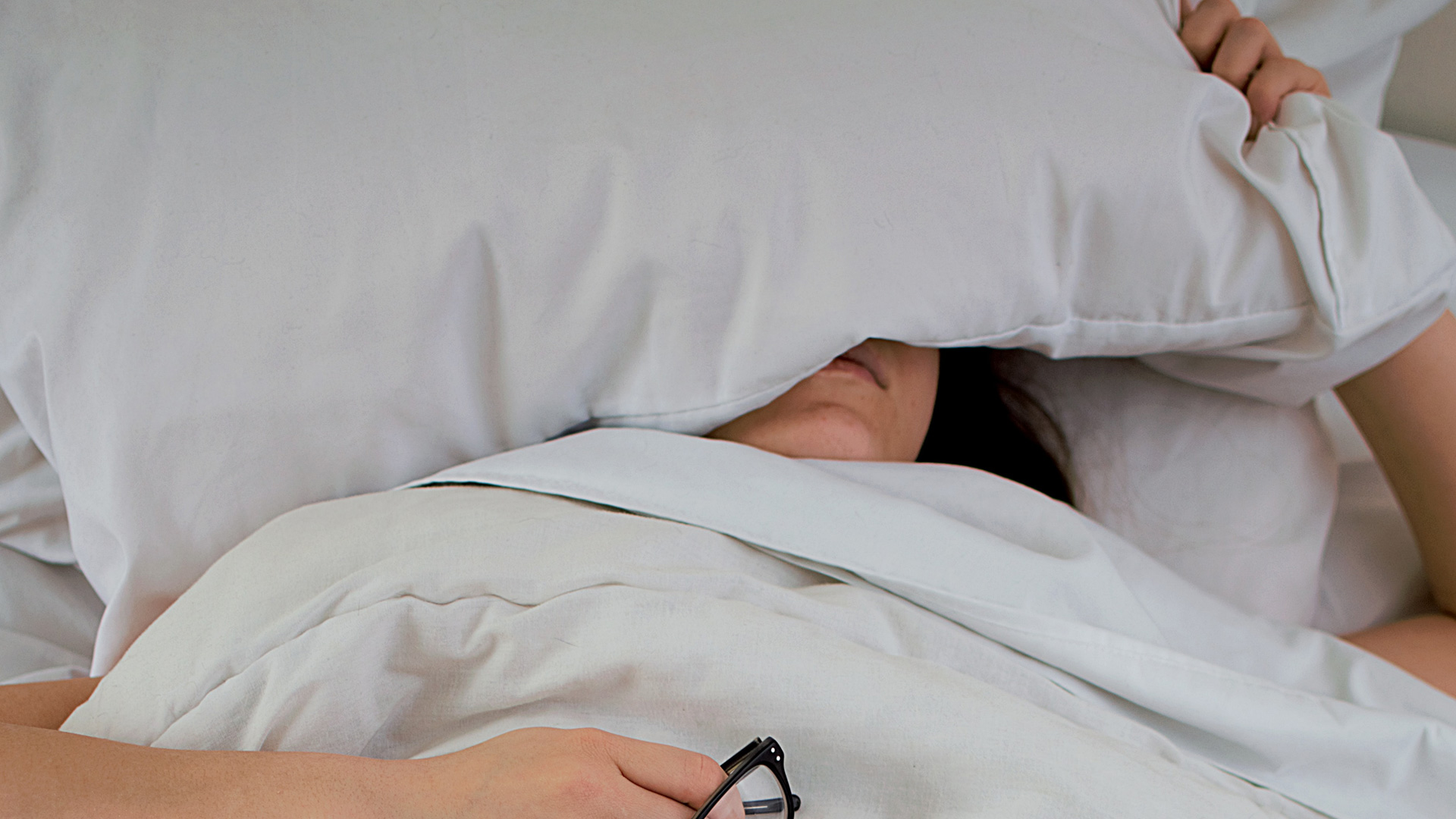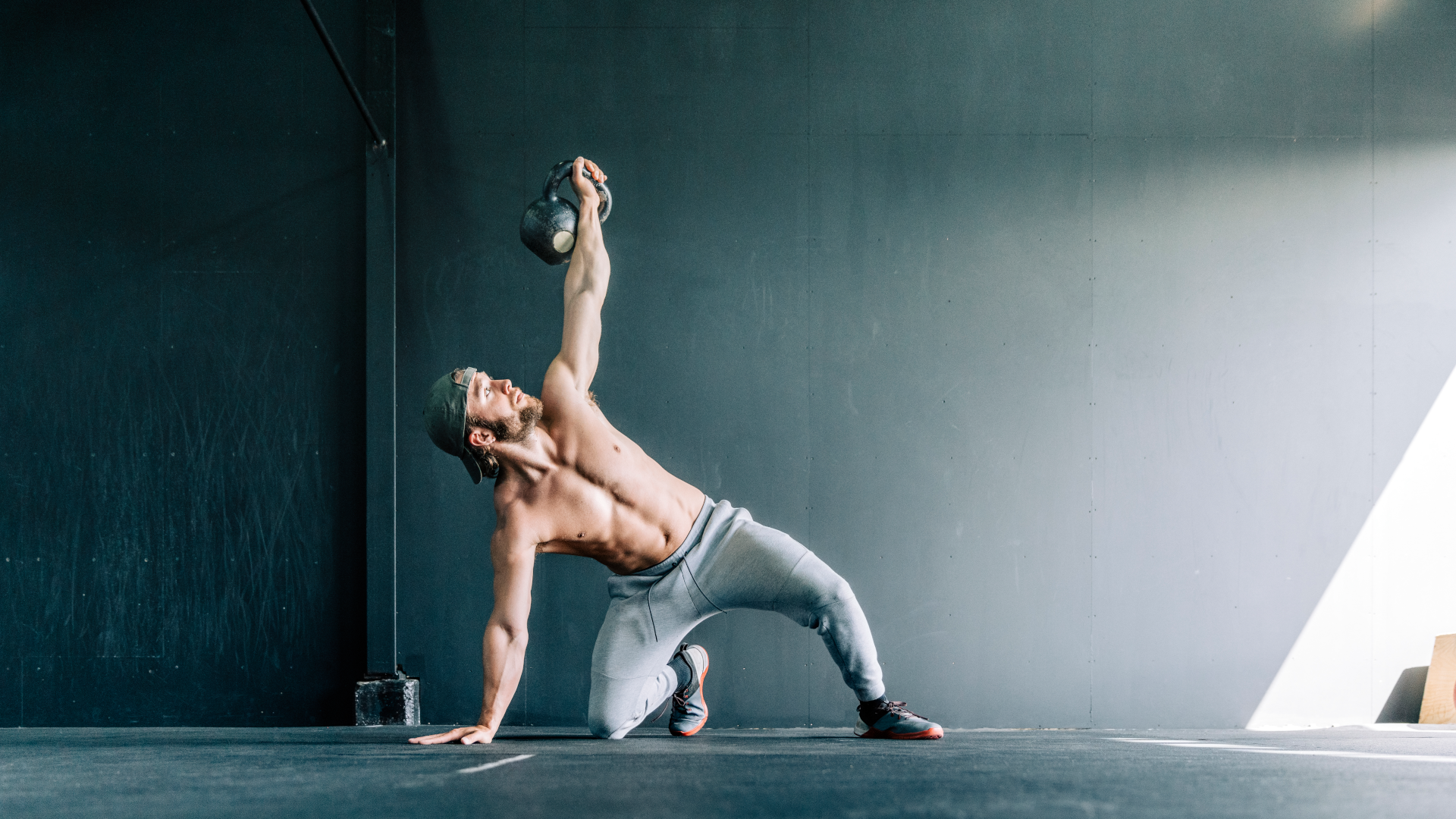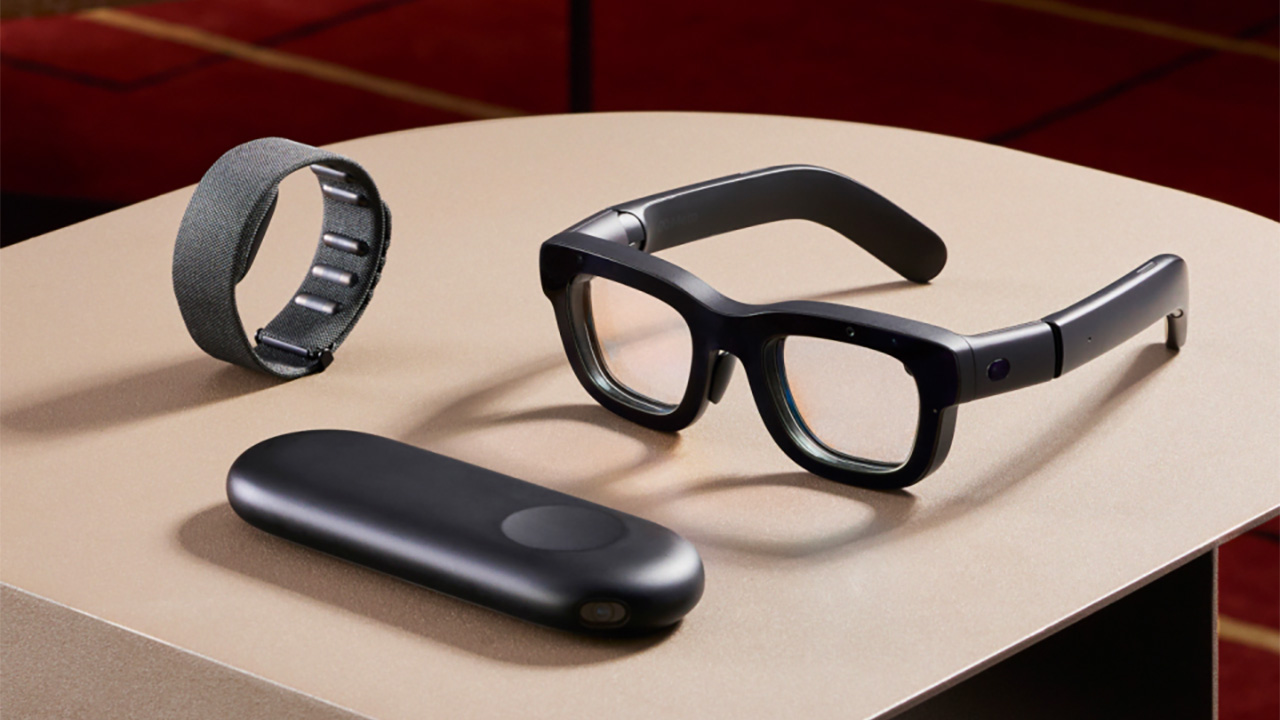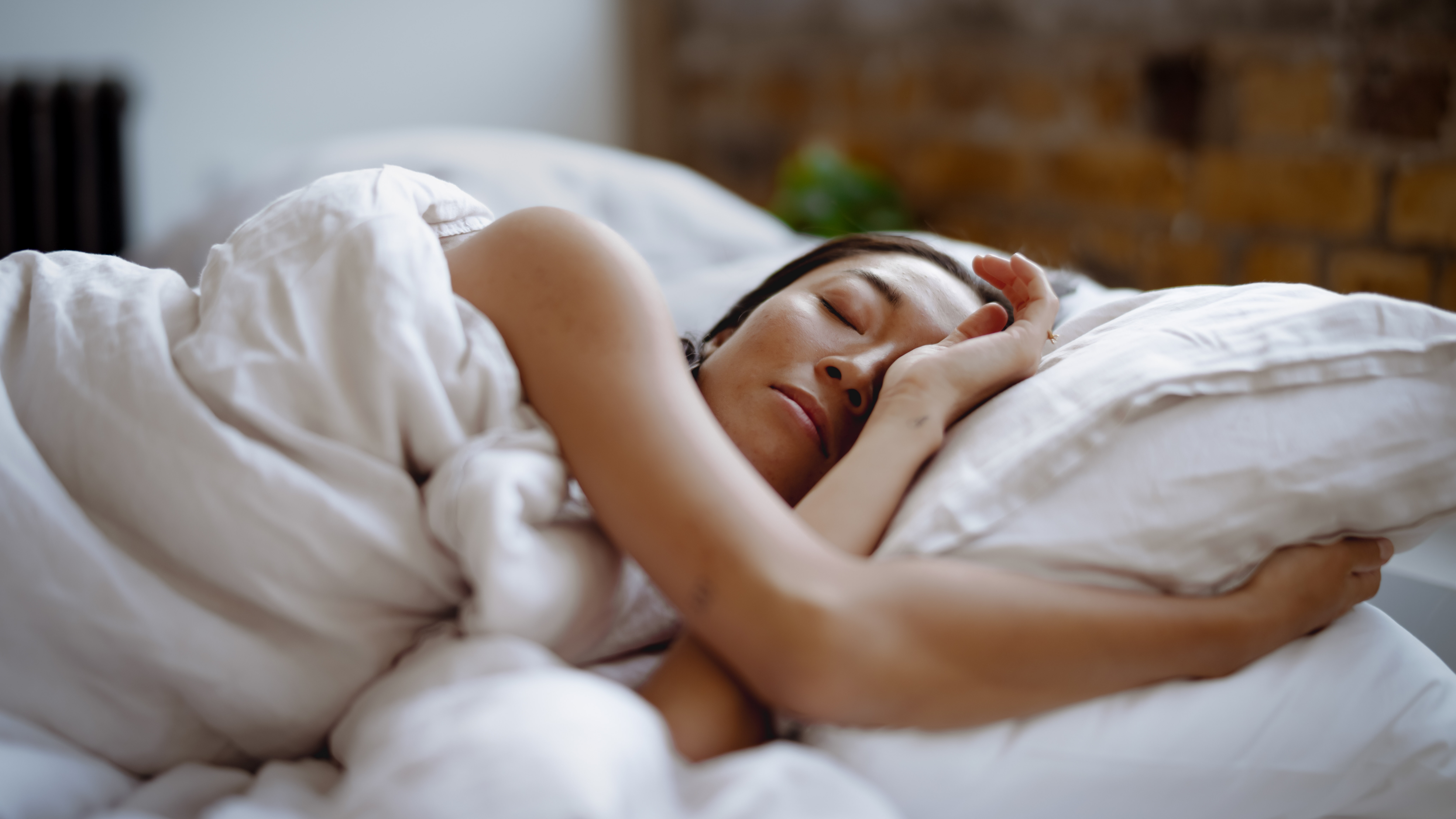

You might be forgiven for thinking that a preference for rising early or for staying up late doesn't have much bearing on anything other than your feelings towards your alarm clock. But recently we reported on a study that concluded early risers were less likely to suffer from depression, and further digging reveals that in fact, a natural tendency towards 'morningness' or 'eveningness' can actually be linked to certain personality types.
Personality is often considered in terms of the Big 5 traits – Neuroticism, Extraversion, Openness, Agreeableness and Conscientiousness – which can are then be subdivided into further facets. A 2021 study found links between particular personality traits and earlier chronotypes (morning people) or later chronotypes (night owls). T3 spoke to Anita Lenneis, the lead author on the paper, to find out more.
"We found that when controlling for age, gender, education, and season, Conscientiousness was linked to earlier chronotypes, whereas Openness was linked to later chronotypes," she explains.
When you break things down into more specific facets of each trait, there are more interesting links. Earlier chronotypes reported higher levels of self-discipline (a facet of Conscientiousness), while later chronotypes were linked to higher levels of straightforwardness (a facet of Agreeableness) and excitement-seeking (a facet of Extraversion).
The study used both a questionnaire and DNA testing, and both found these same conclusions, which means these links could be partly due to genetics.
Cause or effect?
While that study didn't look into whether there's a cause and effect relationship between chronotype and personality traits, Anita says that, from a personality psychologist's point of view, there are a few ways in which one might influence the other.
For example, there are two ways in which your personality might influence your chronotype. The first is that your personality shapes your preference for certain social activities, which in turn affects when you wake up and go to bed. "For example, people who score high in excitement-seeking might more often engage in alcohol usage and risky sexual behaviours – behaviours that typically occur later during the day," says Anita.
Sign up to the T3 newsletter for smarter living straight to your inbox
Get all the latest news, reviews, deals and buying guides on gorgeous tech, home and active products from the T3 experts

The second way is that your certain personality types might be more likely to make active decisions relating to their sleep and wakeup times. "Highly conscientious people typically are on time and do not oversleep, so they might go to bed earlier so that they do not miss important meetings."
However, it could just as easily be the other way around. "It could also be that people's chronotype influences their personality – so because people are alert in the evening, they might try out new restaurants and bars, i.e. a something that people high in Openness enjoy doing," says Anita. "Personality and chronotype might also mutually influence each other, which is supported by our findings that personality and chronotype also correlate with each other at a genetic level."
You can read the full paper here.
Read more:
- Explore T3's best mattress ranking
- The best wake-up lights can promote a more natural wake-sleep cycle
- Here's how to sleep better at night
Ruth is a lifestyle journalist specialising in sleep and wellbeing. She has tested more mattresses than her small flat can handle and will talk at length about them to anyone who shows even a passing interest, and has had to implement a one-in-one-out pillow policy for fear of getting smothered in the night. As well as following all the industry trends and advancements in the mattress and bedding world, she regularly speaks to certified experts to delve into the science behind a great night's sleep, and offer you advice to help you get there. She's currently Sleep Editor on Tom's Guide and TechRadar, and prior to that ran the Outdoors and Wellness channels on T3 (now covered by Matt Kollat and Beth Girdler-Maslen respectively).
-
 Build unshakeable core strength with a kettlebell and these three exercises
Build unshakeable core strength with a kettlebell and these three exercisesAdd this to the end of your workout to fire up your midsection muscles
By Bryony Firth-Bernard Published
-
 The next big tech battlefield is AR Glasses – and Apple is ready to fight
The next big tech battlefield is AR Glasses – and Apple is ready to fightTim Cook is said to "care about nothing else"
By Sam Cross Published
-
 I spent 6 weeks with the FoodMarble Aire 2: here’s what I learned about my gut health
I spent 6 weeks with the FoodMarble Aire 2: here’s what I learned about my gut healthI’ve been testing the clever breath-testing gadget with the companion app over several weeks to find out if it delivers on its promises
By Lee Bell Published
-
 Oil pulling is going viral on TikTok for stopping morning breath – but does it actually work?
Oil pulling is going viral on TikTok for stopping morning breath – but does it actually work?4 hacks that prevent morning breath, according to a sleep expert
By Bethan Girdler-Maslen Published
-
 These limited edition McLaren x Loop earplugs are what you need for Formula 1 season
These limited edition McLaren x Loop earplugs are what you need for Formula 1 seasonMcLaren teams up with Loop on limited edition noise-reducing earplugs
By Bethan Girdler-Maslen Published
-
 5 sleep supplements that help me achieve 8+ hours of rest every night
5 sleep supplements that help me achieve 8+ hours of rest every nightIt took me years to perfect my sleep routine – here are the supplements that helped
By Lizzie Wilmot Published
-
 3 reasons why you wake up at 3am every night – and how to avoid it
3 reasons why you wake up at 3am every night – and how to avoid itAlways waking up in the middle of the night? This could be why…
By Bethan Girdler-Maslen Published
-
 This tiny device will automatically disable your distracting apps before you sleep
This tiny device will automatically disable your distracting apps before you sleepSay hello to Kip...
By Lizzie Wilmot Last updated
-
 Therabody experts give 7 tips for perfecting your sleep routine for World Sleep Day
Therabody experts give 7 tips for perfecting your sleep routine for World Sleep DayFrom breathing exercises to sleep masks, here’s how to prioritise sleep, according to experts
By Bethan Girdler-Maslen Published
-
 Loop Dream review: super soft earplugs to help you snooze soundly, even if you’re a side sleeper
Loop Dream review: super soft earplugs to help you snooze soundly, even if you’re a side sleeperSquishy silicone and uniquely shaped ear tips take Loop’s nighttime earplugs to dreamy heights
By Joanna Ebsworth Published